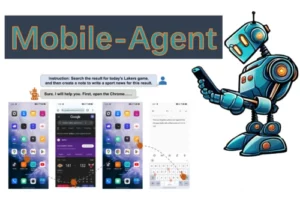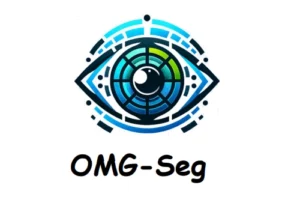
AI Voice Cloning Scams are on the rise, and experts are sounding the alarm. Scammers are taking advantage of advanced technology to engage in AI Voice Cloning Scams, wherein they replicate the voices of unsuspecting individuals to perpetrate their devious schemes.
Mike Scheumack, the Chief Innovation Officer at IdentityIQ, a company specializing in identity theft protection and credit score monitoring, has observed a significant uptick in AI Voice Cloning Scams over the past year. Scheumack cautioned that while AI has been advancing steadily, it has now made an abrupt and alarming entrance into the realm of cybercrime, with AI Voice Cloning Scams taking center stage.
In these insidious scams, perpetrators require as little as a three-second audio clip to create a remarkably authentic voice clone. This clone can then be manipulated using AI software to utter any words the scammer desires, even incorporating emotions like fear or urgency to manipulate victims.
As a chilling demonstration of the capabilities of AI Voice Cloning programs, IdentityIQ used an audio sample from a podcast interview to craft a fictitious distress call. In this example, a simulated car accident led to a plea for a cash transfer via a digital payment app. Scheumack explained that actual scam calls are often shorter and aim to trigger a fight-or-flight response in victims.
Scheumack’s advice for anyone confronted with such a scenario is clear: “In the face of such situations, it is best to terminate the call immediately and independently verify the well-being of your loved one. Scammers thrive on creating urgency, and your initial response should be one of caution.”
Scheumack cited a recent case where a mother received a call she believed to be from her daughter, who was supposedly at a camp. However, it turned out to be an AI-generated voice clone. Scammers had exploited information from the daughter’s social media posts to lend authenticity to their call.

These fraudulent actors are not amateurs but part of highly organized operations.
“This is a sophisticated organization with distinct roles: researchers gathering information, voice cloning experts, individuals making calls, and others collecting ill-gotten gains.”
Scheumack
To protect oneself from falling prey to AI Voice scams, Scheumack emphasized the importance of exercising caution in sharing personal information online. He also urged individuals to approach urgent calls from known numbers with a degree of skepticism. Moreover, he recommended implementing a verification system, such as a password prompted by a predetermined phrase, to validate the identity of callers during emergency situations.
In a world where technology is increasingly harnessed for deceit, it is paramount to remain vigilant and skeptical to shield against the menace of AI Voice Cloning Scams.
Similar Posts
-
Chinese Company DeepSeek Releases DeepSeek-Coder a LLM for Code Generation

-
Alibaba’s Mobile-Agent: A Smart Mobile Assistant

-
Grounded SAM: A Unified Model for Diverse Visual Tasks

-
Gaussian Head Avatar: High Quality Head Avatar Generator

-
Google DeepMind’s AlphaGeometry: Without Assistance Solving Olympiad Geometry Problems

-
OMG-Seg: A Unified Segmentation Model

